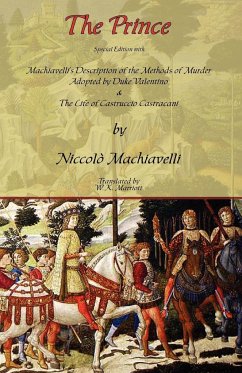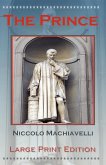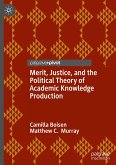This edition faithfully reprints the full text of the classic translation by W.K. Marriott with the translator's introduction. It also includes two additional pieces by Machiavelli. The first provides a fascinating description of the methods of murder adopted by Duke Valentino, and the second is a writing on the life of Castruccio Castracani of Lucca.****** Machiavelli's The Prince is the ultimate guide to power politics and is still considered essential reading for politicians, statesmen and leaders five hundred years after it was written. Shocking in its candor and honesty and disturbing because of its continued relevance to current politics, this is a classic that has truly stood the test of time.
Hinweis: Dieser Artikel kann nur an eine deutsche Lieferadresse ausgeliefert werden.
Hinweis: Dieser Artikel kann nur an eine deutsche Lieferadresse ausgeliefert werden.








